Chukchi whailing tradition.
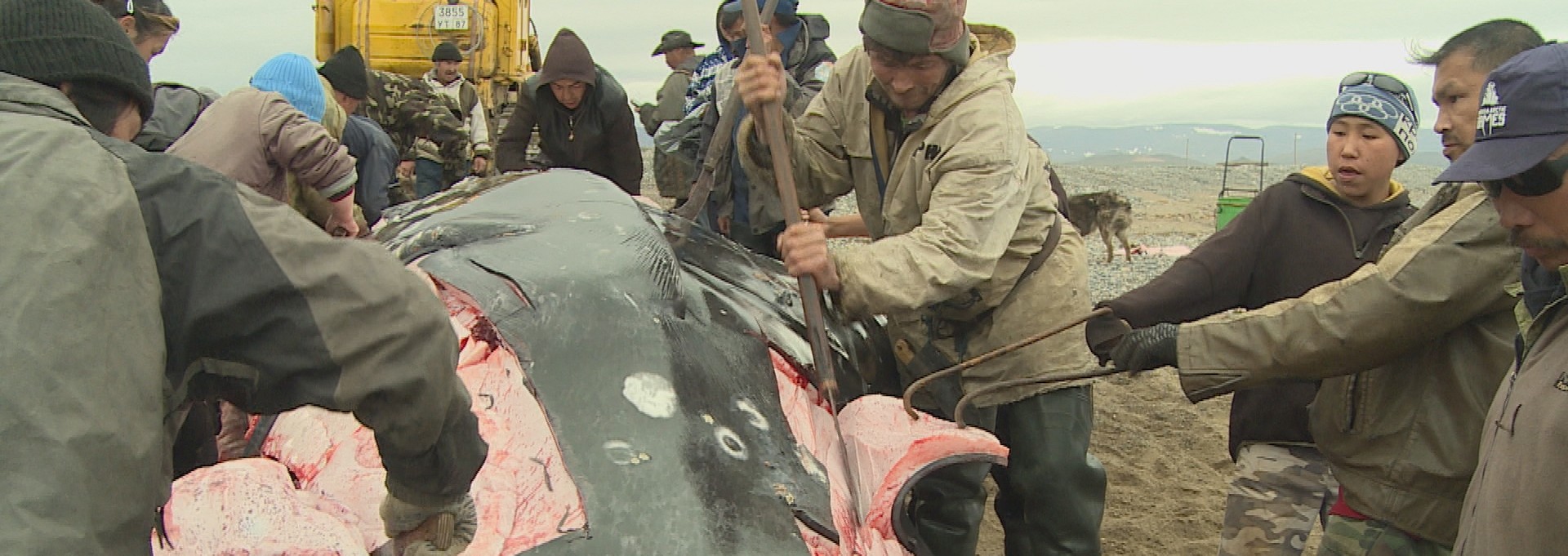
In Russia’s far northeast lies an isolated region known as Chukotka. The indigenous people there, known as Chukchi, number around 16,000. Due to the area’s harsh climate and barren soil, their diet and livelihood depends almost entirely on hunting sea mammals such as seals, walruses, and most controversially, whales.
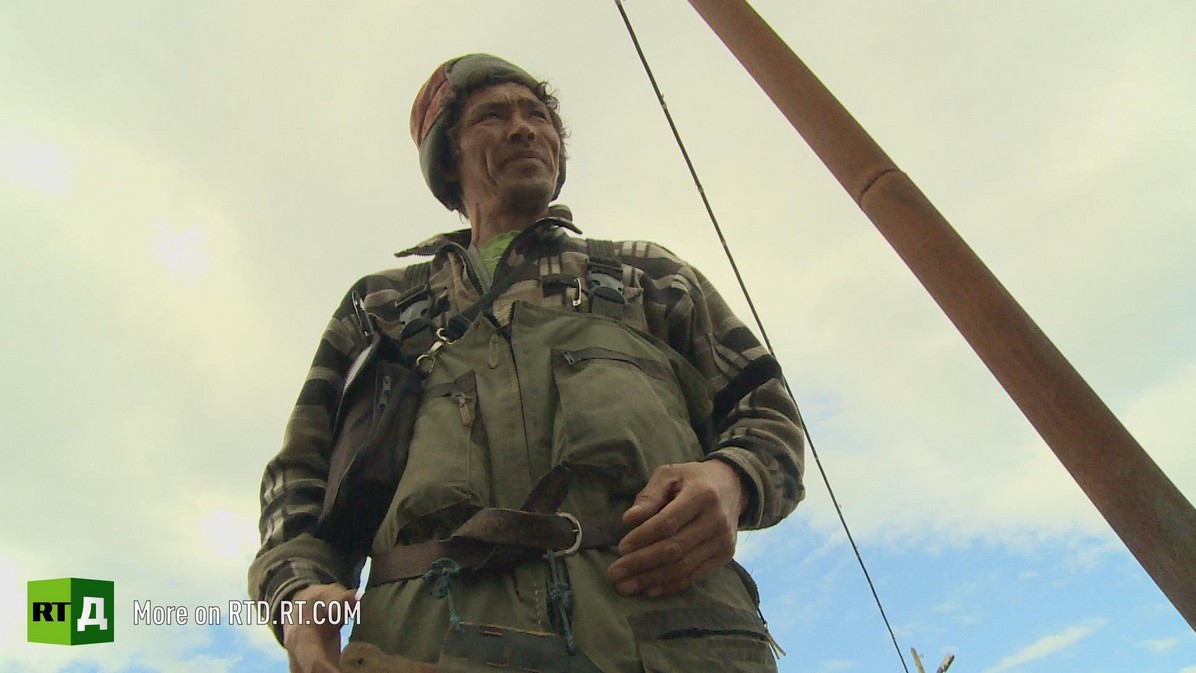
Chukotka’s climate is much too cold for farming, so the Chukchi people depend on whale meat for sustenance. They also occasionally collect seagull eggs from harrowing cliffside nests.
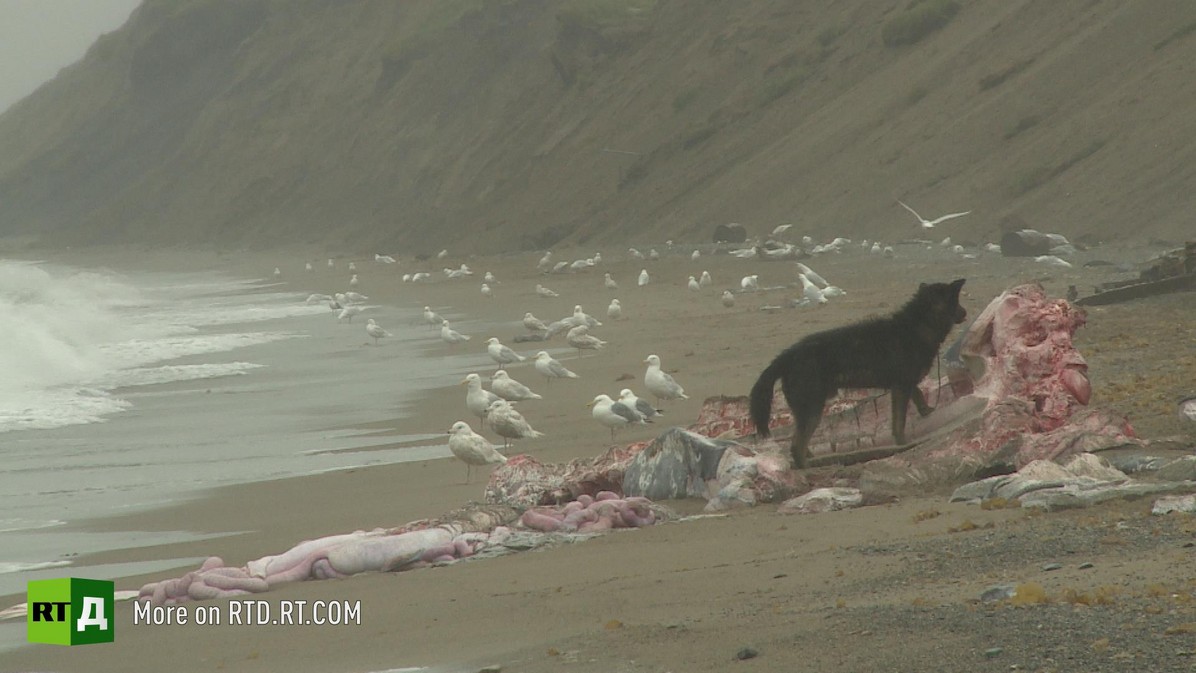
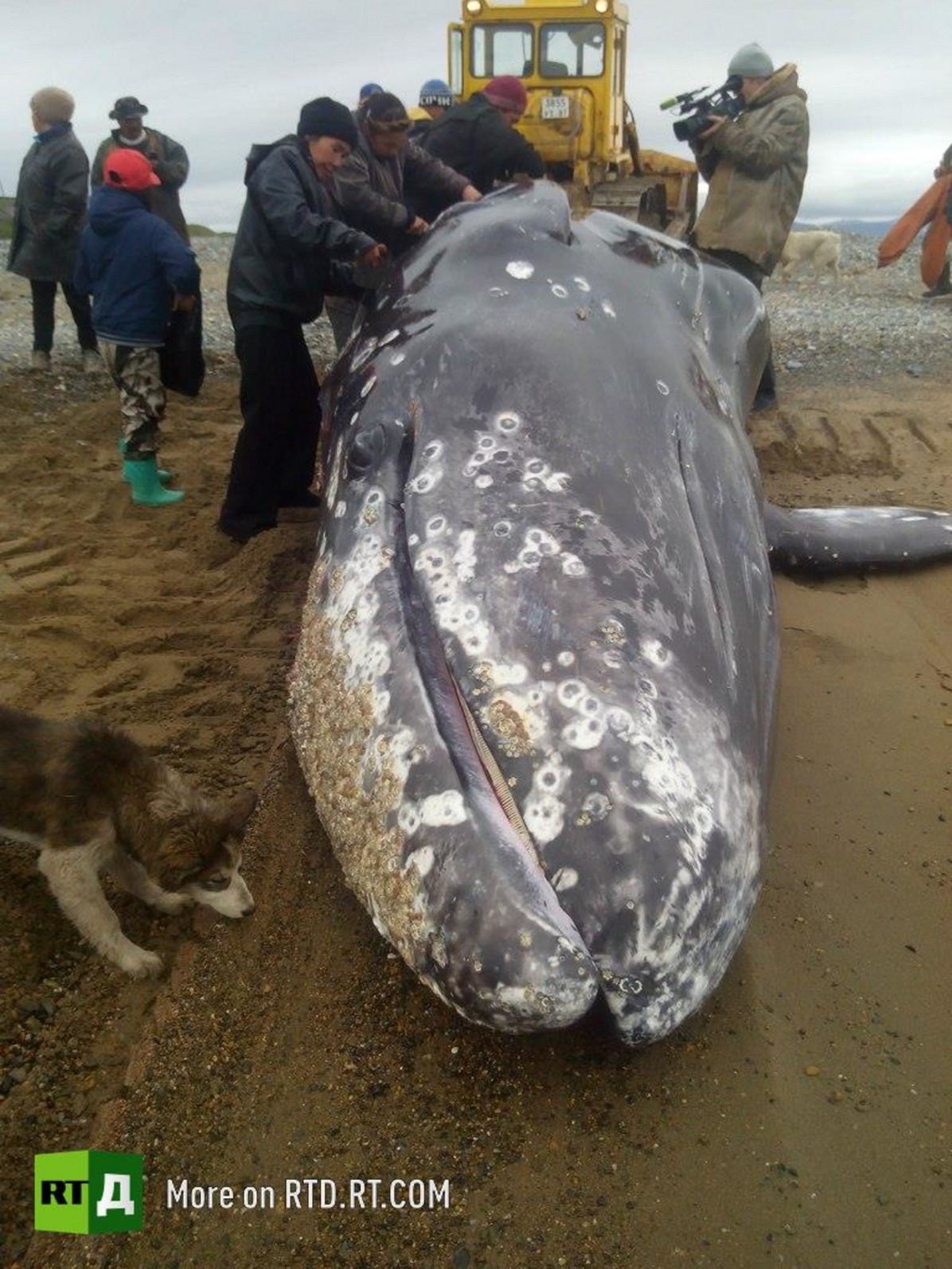
Whaling is certainly dangerous, and there have been many injuries and deaths. The Chukchi people regularly perform rituals to honour the whales and walruses on which they depend.
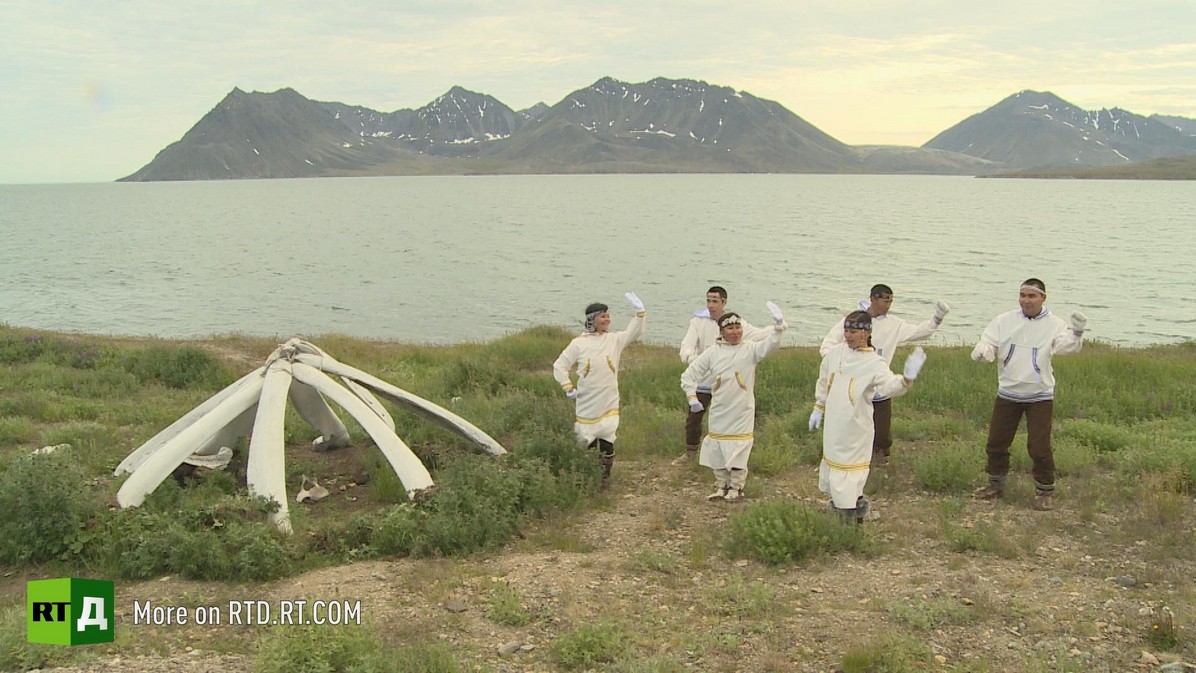
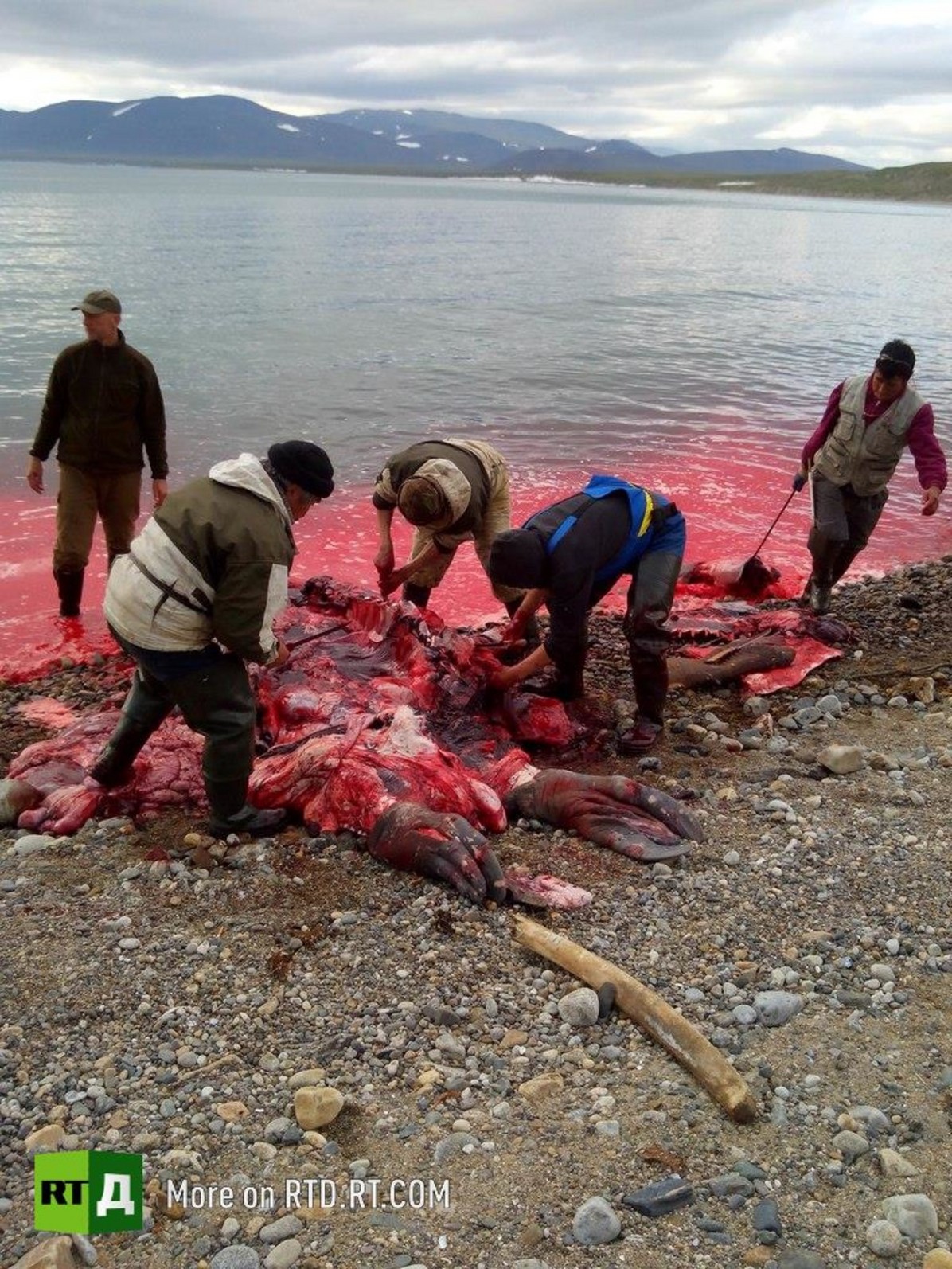
In Chukotka, they don’t say they “kill” whales, but rather that they “take” them from nature, stressing that they are always grateful for what it provides.
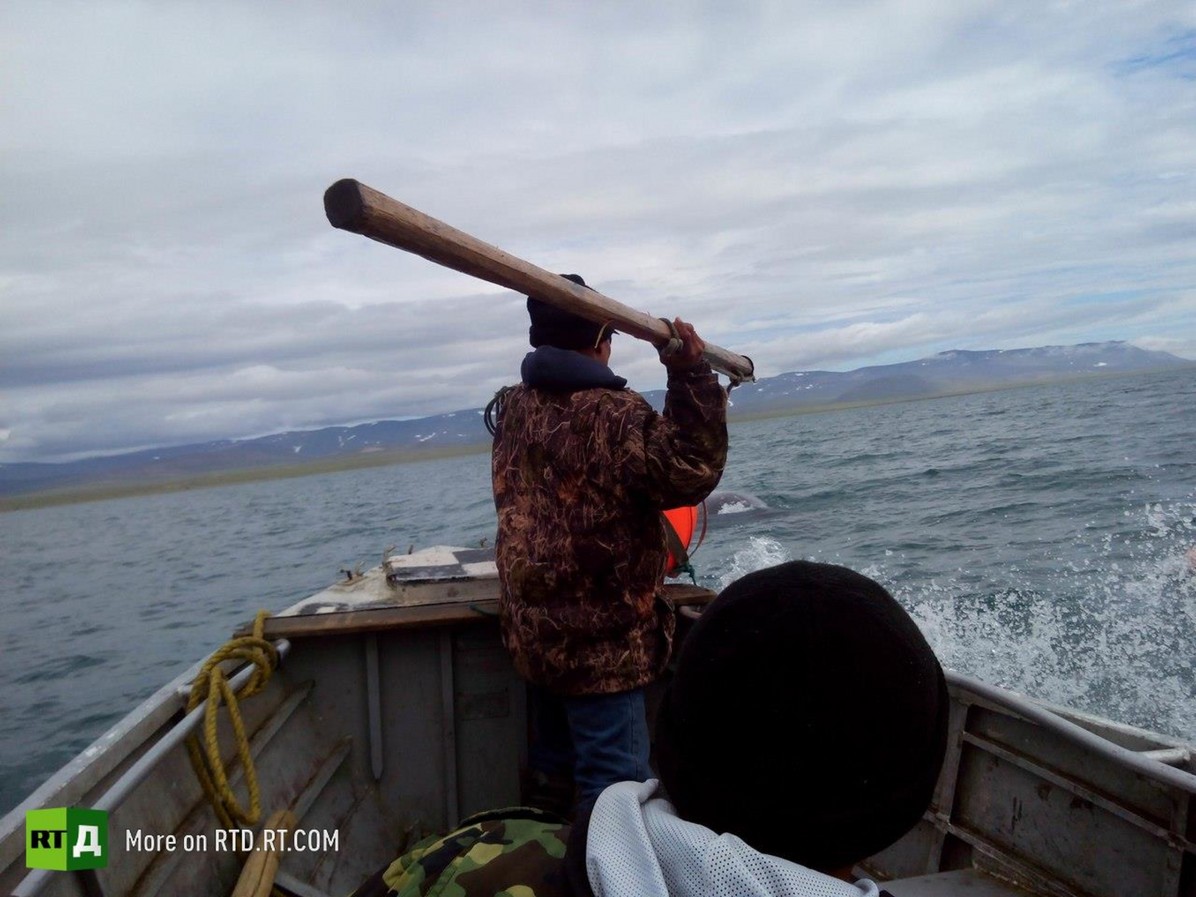
To learn more about whaling and the Chukchi’s way of life, watch I am Hunter on RTD Documentaries.